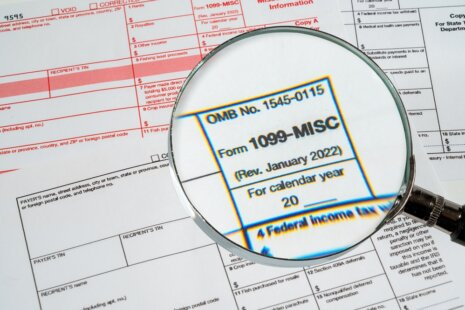Small business owners can employ various strategies to legally minimize their tax burden.
Here are some common ways they can pay less taxes…
- Claim All Allowable Deductions – Small business owners should take advantage of all allowable deductions to reduce their taxable income. This includes deductions for business expenses such as supplies, equipment, rent, utilities, insurance, travel, and meals. Keeping detailed records of expenses is crucial for claiming deductions accurately.
- Maximize Retirement Contributions – Contributing to retirement accounts such as a Simplified Employee Pension (SEP) IRA, Solo 401(k), or SIMPLE IRA can reduce taxable income while saving for the future. Contributions to these retirement plans are often tax-deductible and can grow tax-deferred until retirement.
- Utilize Depreciation – Businesses can deduct the cost of certain assets over time through depreciation. Accelerated depreciation methods allow for larger deductions in the earlier years of an asset’s useful life, reducing taxable income.
- Take Advantage of Tax Credits – Small businesses may be eligible for various tax credits, such as the Research and Development Tax Credit, Work Opportunity Tax Credit, or Small Business Health Care Tax Credit. These credits can directly reduce the amount of taxes owed.
- Structure the Business Wisely – Choosing the right legal structure for the business can have significant tax implications. For example, some business entities, such as S corporations and partnerships, pass through income to the owners, avoiding double taxation at the corporate and individual levels.
- Income Splitting – For businesses with multiple owners or family members involved in the business, income splitting can be a strategy to allocate income among individuals in lower tax brackets, reducing the overall tax liability.
- Maximize Health Savings Accounts (HSAs) and Flexible Spending Accounts (FSAs) – Contributions to HSAs and FSAs can be made with pre-tax dollars, reducing taxable income. These accounts can be used to pay for qualified medical expenses.
- Timing of Income and Expenses – Timing income and expenses strategically can help smooth out tax liability. For example, deferring income or accelerating expenses into the current tax year may help reduce taxable income in high-income years.
- Consult with Tax Professionals – Working with experienced tax professionals or accountants can help small business owners navigate complex tax laws, identify tax-saving opportunities, and ensure compliance with tax regulations.
It’s important for small business owners to implement tax planning strategies carefully and in compliance with tax laws to avoid potential penalties or audits. Consulting with a qualified tax professional is recommended to develop a tailored tax strategy for your business.




